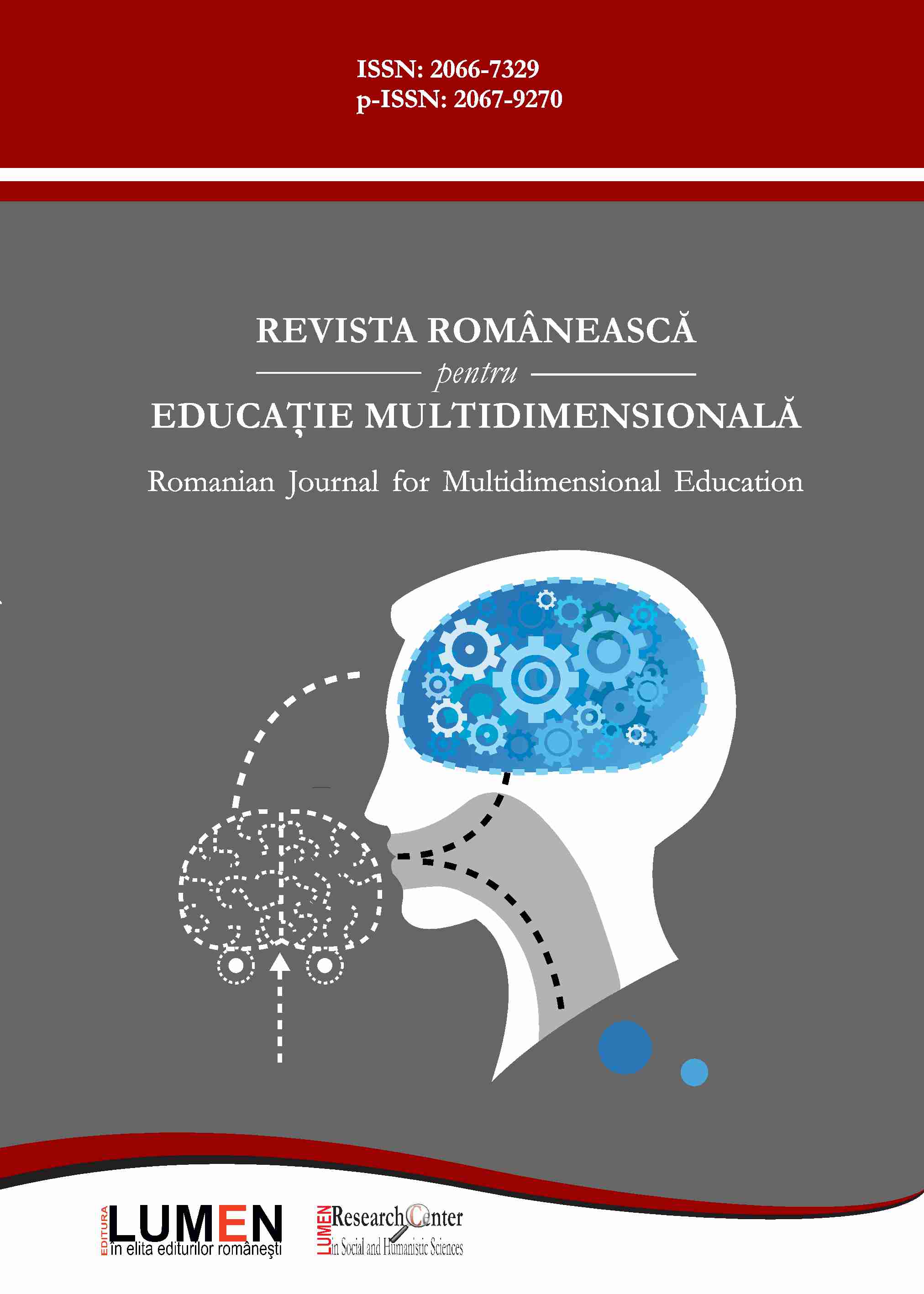Organization of Pedagogical Relationships between Learners and Teachers in the Framework of Inclusive Education
Organization of Pedagogical Relationships between Learners and Teachers in the Framework of Inclusive Education
Author(s): Olena Gonchar, Svitlana Krystus, Olena Ivanivna Petukhova, Maryna TokarSubject(s): Social Sciences, Education, School education
Published by: Editura Lumen, Asociatia Lumen
Keywords: pedagogical relationships; art therapy; inclusive education; children with special educational needs; the displaced children;
Summary/Abstract: Nowadays at the process of globalization the system of value orientations and educational traditions are undergoing noteworthy modifications represented in the Concept of Inclusive Education Development (2010) in Ukraine. The research demonstrates the conception of organization of pedagogical relationships of the participants of art-therapeutic process as a component of inclusive education. The problem of the investigation defined the choice of the empirical research methods such as observation, interview, testing, study of the products of the activities of the subjects, study, and generalization of pedagogical experience. As a framework for the research it was used the model of five different aspects of the therapeutic relationship described by Clarkson (1995). One of the most significant finding to emerge from the study is that inclusive education is much wider than the opportunity for everybody to visit neighbourhood schools, deeper than deletion of distinctions between "general education" and "special education" programs. Findings of this study suggest that elements of art therapy should become an integral part of work with both the disabled and displaced (refugees or immigrants) students. The results allow singling out some means for the modern teacher to organize pedagogical relationships as a dialogue of the equal partners in the art-therapy-oriented education process. Application of “Role-play” refers here to the special technique used at the art-oriented activity for studying interpersonal behavior of the participants. This promoted a better understanding between participants, empathy, and frankness that removed psychological and emotional barriers in their verbal and non-verbal communication, and stimulated the process of self-actualization.
Journal: Revista Românească pentru Educaţie Multidimensională
- Issue Year: XI/2019
- Issue No: 2
- Page Range: 126-140
- Page Count: 14
- Language: English

